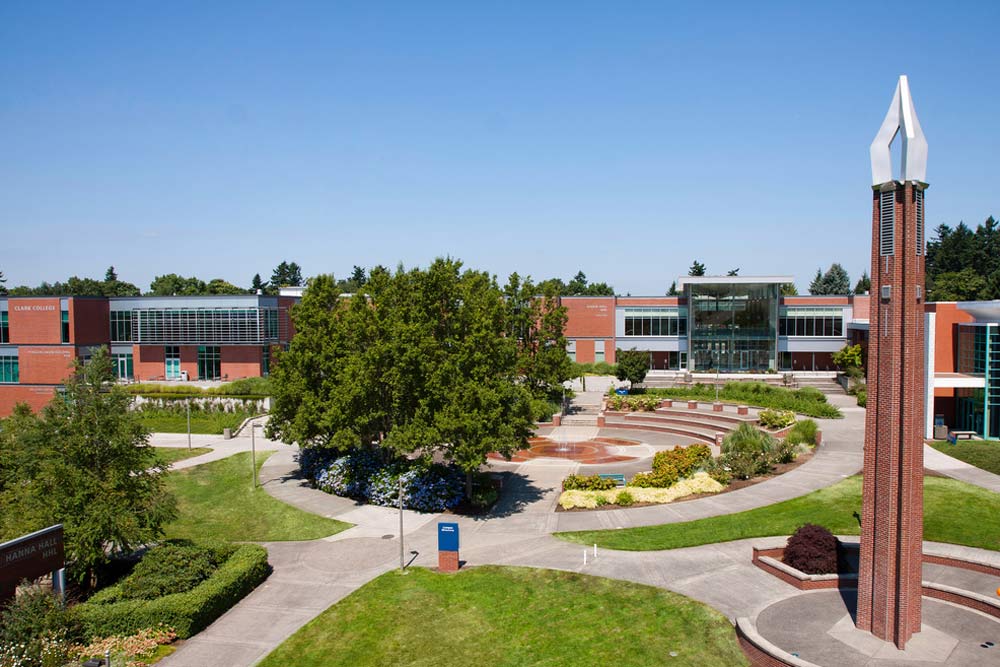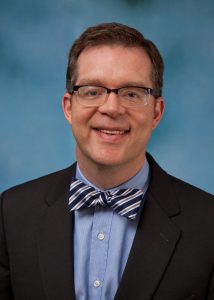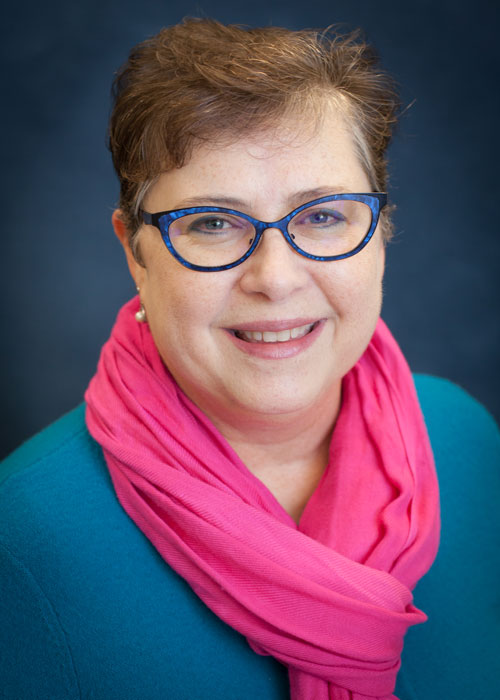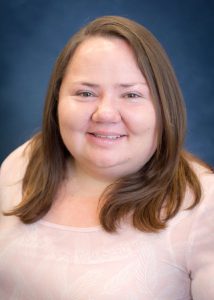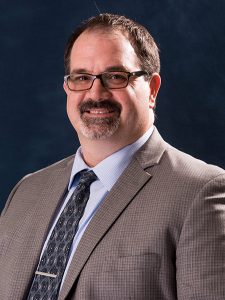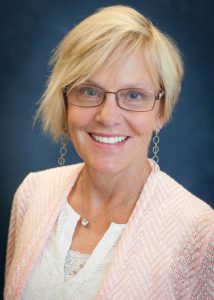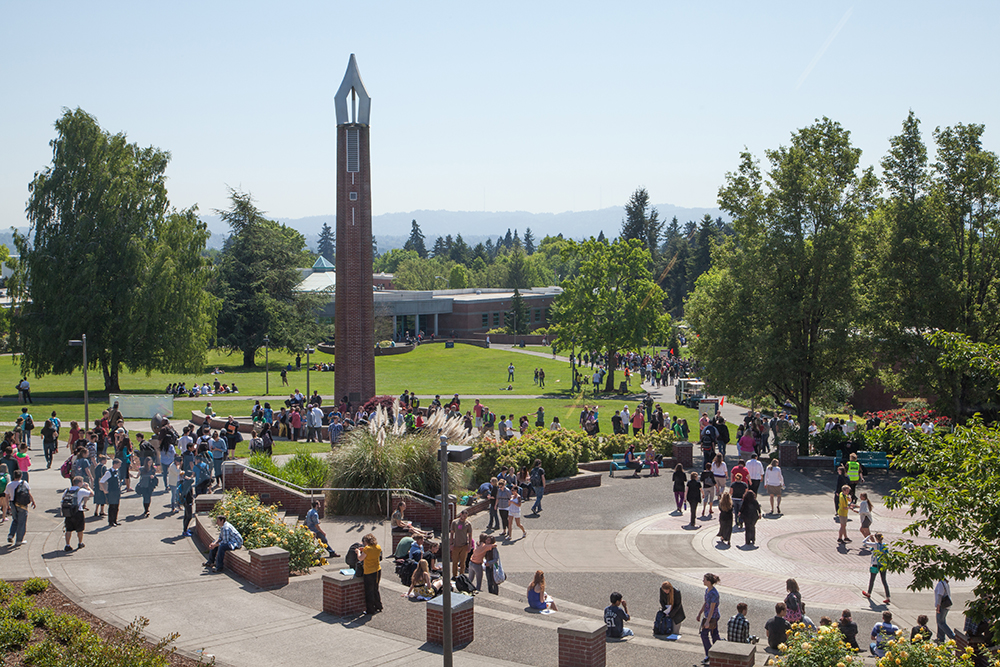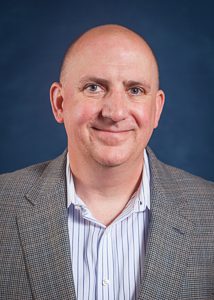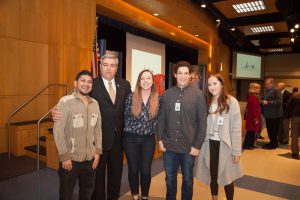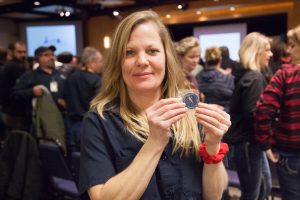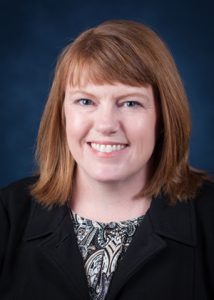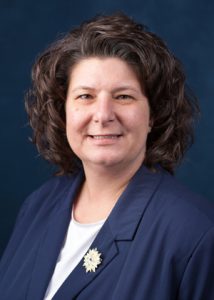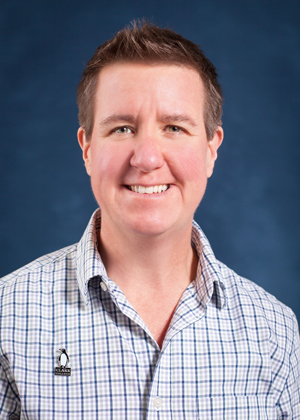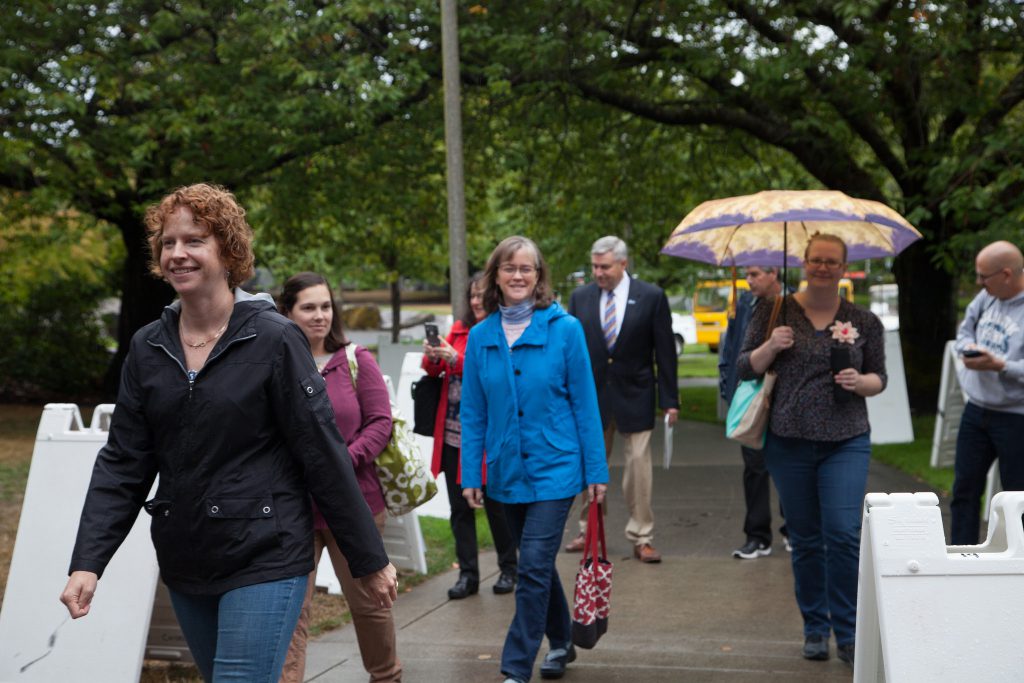
Clark employees enter O’Connell Sports Complex to attend Opening Day.
Fall was in the air on Monday, September 18. Not only did the day see the first substantial rainfall in months—a change welcomed by many, with their thoughts on this summer’s devastating wildfire season—but it was also the occasion for Clark College faculty and staff to gather once again and greet a new academic year at the college’s annual Opening Day celebration.
The event highlighted a year in which the college will be, in many ways, re-envisioning itself. President Bob Knight opened his remarks with lessons that he and other college leadership had gained Dr. Margaret Wheatley’s book, Who Do We Choose to Be?: Facing Reality, Claiming Leadership, Restoring Sanity. “In a world that is sometimes chaotic at best, every day, faculty and staff have the opportunity to do extraordinary things that change the lives of students, improve the community, and ultimately impact our world,” he said, adding that the college is adapting to expand those opportunities.
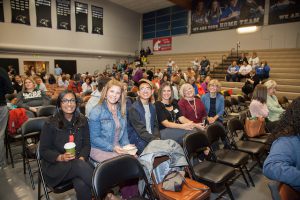 Board of Trustees Chair Jada Rupley echoed that theme, discussing the board’s role in approving the college’s Strategic and Academic plans that are designed, in large part, to help boost student retention and completion rates. “Now the hard work is what needs to be done—and that’s your work,” she said.
Board of Trustees Chair Jada Rupley echoed that theme, discussing the board’s role in approving the college’s Strategic and Academic plans that are designed, in large part, to help boost student retention and completion rates. “Now the hard work is what needs to be done—and that’s your work,” she said.
Knight went on to enumerate some of aspects of that work, including the college’s progress toward the Guided Pathways model of higher education, which has led to the creation of a new “Areas of Study” map that changes the way current programs are organized. He also talked about new systems put in place to provide shared governance at the college, as well as continued work toward realizing the college’s Social Equity Plan.
In speaking about social equity, Knight addressed the plight of Clark students covered by Deferred Action for Childhood Arrivals (DACA), a currently threatened program that provides limited protection to undocumented immigrants who grew up in the United States. “Our DACA students are welcome here at Clark College,” said Knight. He continued over the noise of a standing ovation, “We’re an open-access college and we’re here for everyone!”
Knight received another standing ovation shortly afterward when he announced the opening of the college’s new Penguin Pantry, an on-campus food bank that began serving students this summer. “This new service recognizes that our students make difficult choices with their money every day, and we don’t want hunger to limit a student’s ability to learn,” he said.
Knight also looked forward to the McClaskey Culinary Institute opening later in the year—“We’ll be eating there very soon, so hang on”—and thanked the Clark College Foundation for its support in funding the new facility.
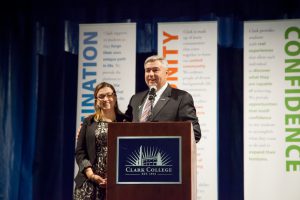
President Bob Knight congratulates Clark alumna Dr. Inva Begolli during the college’s 2017 Opening Day.
Then, in a reminder of what the college has already accomplished, he invited Dr. Inva Begolli to join him at the podium. Begolli, who graduated from Clark in 2011 after fleeing her native Albania, earned a full scholarship to continue her education at Washington State University. Earlier this year, she earned her doctorate in Pharmacy from Pacific University. “This lady is an example of what we do here at Clark College,” said Knight. “She wants to be the Health Minister of Albania one day, and I believe she will be.”
Knight said that another way the college is adapting to meet its students is through a months-long rebranding effort. “As we continue to struggle through an enrollment crisis, it is important to take a step back and evaluate who we are, if others know who we are, and most importantly, if who we are matches who or what people think we are,” he said.
Employees received weekly planners with key brand messages inside them and viewed a video covering key elements of the brand. As is Opening Day tradition, a music video featuring employees was unveiled, and employees were honored with awards, Presidential Coins, and service-anniversary recognitions. The event ended with lunch in Gaiser Student Center.
Photos: Clark College/Jenny Shadley
